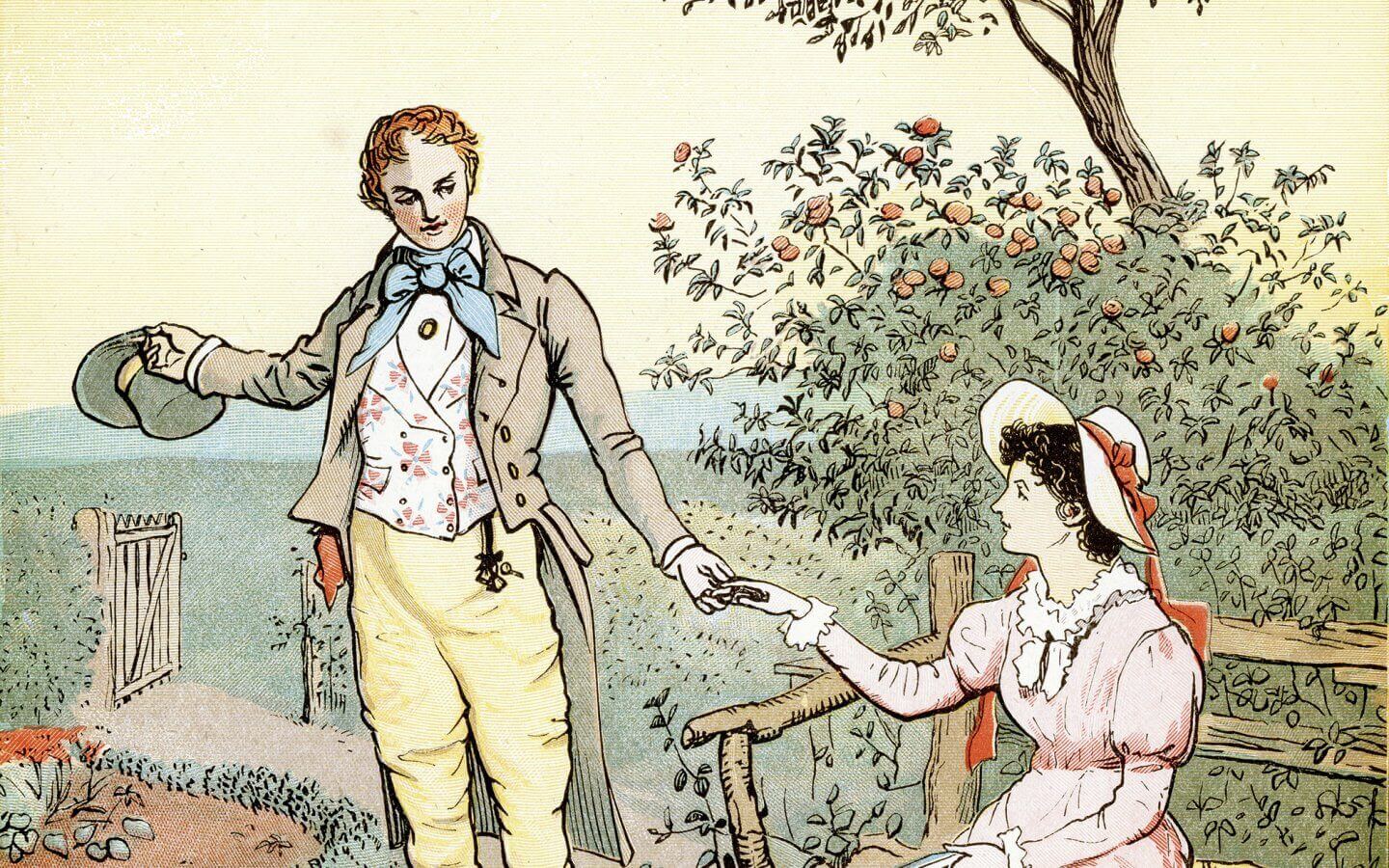


One of the most compelling aspects of social psych research lies within understanding how and why persuasion works on us. Social psychologists strive to understand how human beings change, our motivations for trying new things, and what leads us to say yes in certain situations. They also want to know: Why did we agree to that?
The simple answer is heuristics. What’s that, you ask? It comes down to this – our brains like to take mental shortcuts, which save our internal skull padding a whole lot of time and energy when we’re faced with decision-making scenarios. These shortcuts, known as heuristics, are used because we are mostly creatures of emotion, which means we rationalize decisions AFTER we make them, not before. Therefore, we need help internally post-rationalizing what we’ve done.
This internal post-rationalization is ultimately what allows us to be persuaded.
One of the most persuasive words you can use in your marketing campaign is BECAUSE. It’s the precursor to a reason, and our logic-craving brains love a good reason. It helps us rationalize the choices we make — it feeds our heuristics and saves our brains from working too hard. Even a weak reason spurs us to an agreement, simply because it’s more persuasive than no reason at all.
Persuasive writing requires a decent understanding of human behavior. As a content marketer, using this knowledge allows you to confidently predict and influence your audience, ultimately turning buyers into brand supports and life-time consumers.*
Words are power. Knowledge is power. Combining the two results in phenomenal cosmic power (itty bitty living space), which you should use responsibly. In the realm of marketing and persuasion, and knowing what you now know about how our brains work when faced with decisions, you must choose your words wisely.
Understanding the persuasive nature of your words and using them in the proper context for both your audience and your business will make your final content a thing of captivating beauty. You’ll appeal to our heuristics, which in turn will make it easier for us to decide on your business. Fair warning, however; if you just start throwing persuasive words into your copy without first putting thought into why they’re important to your message, then your content loses its meaning and becomes a string of simple words on a boring page.
What are your favorite persuasive words, dear reader? What are your favorite ways to use them?
*Robert B. Cialdini & Kelton v.L. Rhoads. Human Behavior and the Marketplace


